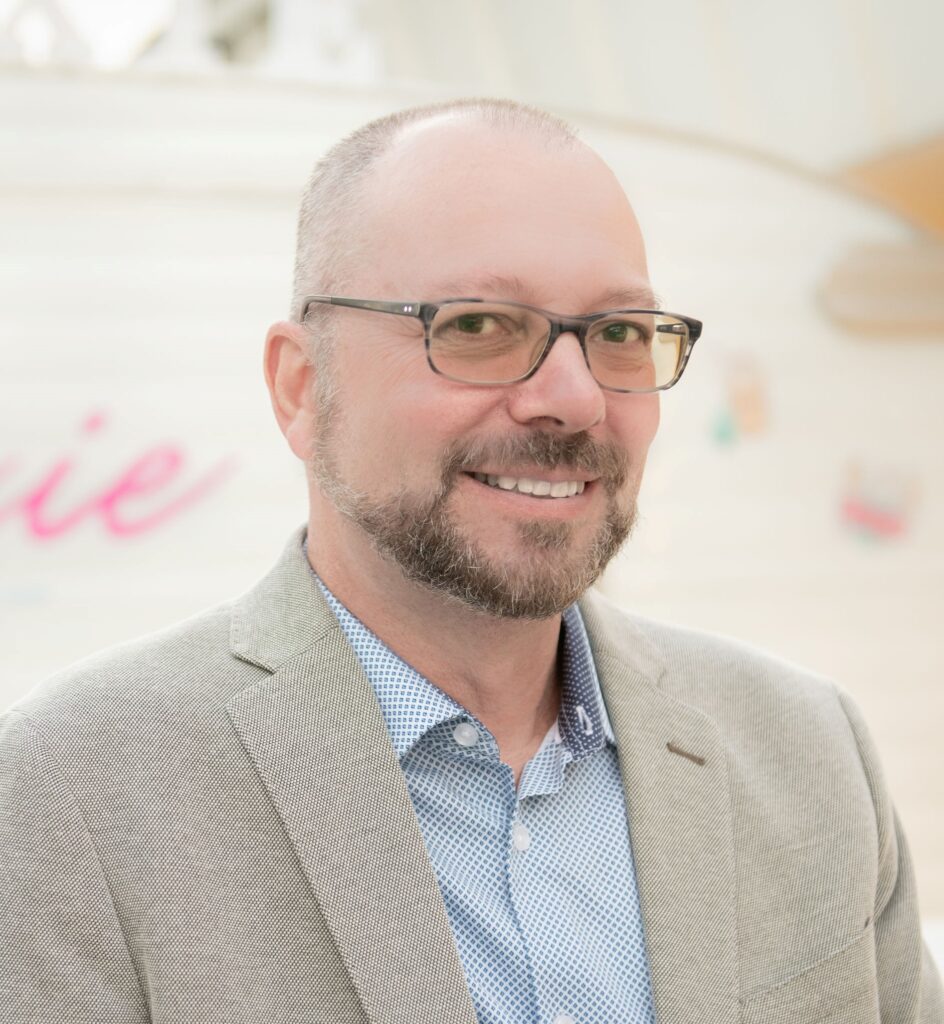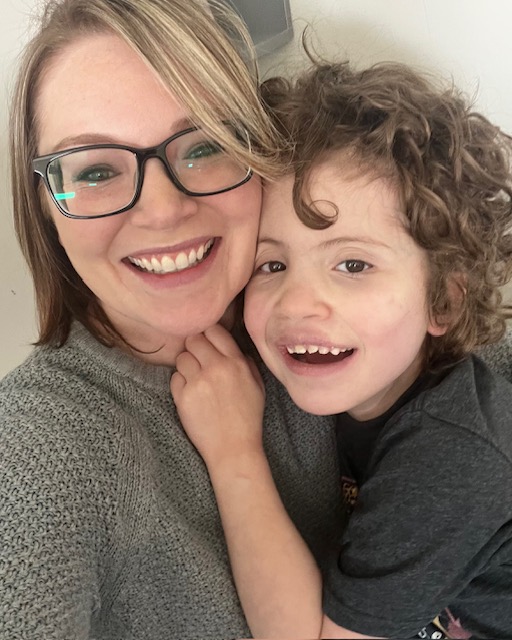Rare disease advocates (and Global Genes staff!) talk about the importance of sharing your story, and how rare disease storytelling has helped them throughout their rare disease journey.
 Daniel DeFabio
Daniel DeFabio
Director of Community Engagement, Global Genes
Broadly I think the reasons to share your rare disease story fall into two categories: the benefits to you and the benefits to others. The benefits to you might be more obvious. They can include venting, and processing your thoughts. Often things that whirl in our minds fall into sharper focus as we attempt to write them down or speak them to others. Even if you never make your story public this step can be a help to you. You might keep a journal and never show it to anyone. But I will say for those who are comfortable sharing their story publicly the benefits to you (and others) will increase and in some surprising ways.
The number one issue we hear from those dealing with a rare disease is a feeling of isolation. This was true for my family after my son was diagnosed with Menkes Disease. Sharing your story can help end that isolation. This is the same reason we join an online community and we share a bit of our story as we introduce ourselves to the other members. The main difference is the online group may be smaller and private, open only to others with a similar life. There is a sense of comfort and safety in that. Sharing your story to the wider world, more publicly, can feel vulnerable and risky. Not all of the reactions will be supportive and kind. But when your story is out there more people will find it and find you. Some of the unexpected people your story reaches can open new doors. Finding your people is a key first step to handling the unique challenges of chronically complex medical life. These people might become part of your support network or perhaps a collaborator as you work to improve the conditions people like us face. Some of these people will have faced the same diagnosis, others will have a different diagnosis but still feel a shared bond because rare disease life shares so many traits regardless of the specific symptoms.
Many people who have yet to share their story may have doubts if it has enough value. Brene’ Brown says sharing the story of how you got through your challenge will become the survival guide for the next person. You don’t have to have discovered a great “answer” or have clearly defined next steps to offer as advice to others.
 Sharing my story has unlocked a passion for work that I didn’t know I had. It has given me community and space to live without fear of being a burden.
Sharing my story has unlocked a passion for work that I didn’t know I had. It has given me community and space to live without fear of being a burden.
Mackenzie Abramson
Senior Manager, Research Program Communications, Global Genes
Shannon Bennett
RARE Concierge Patient Navigator, Global Genes
When my daughter Kenzie was diagnosed with a rare condition (Megalencephaly Capillary and Polymicrogyria Syndrome or MCAP), I vividly remember the overwhelm and isolation I experienced. Her geneticist was the only one who really understood the many questions I had, because no one else in my circle had ever heard of her condition before. Even he had very few answers, because his experience with the condition was limited.
Through Facebook, I was able to find a community of other patients with the same condition and their caregivers. The comfort that came from finding our tribe was transformative. Before Kenzie’s first birthday, I was sharing our story with local media and working to provide the same connection and support to other rare disease families in my community.
I noticed early on that sharing our story had a therapeutic element for me. Getting the feelings of fear, isolation, guilt and hopelessness off of my heart made me feel a little lighter, and hearing that I wasn’t alone in the way that I was feeling, brought me strength. In time I realized how much sharing our experience could help someone just embarking on their own journey, much like the way it helped me.
When thinking about what sharing my story has done for me, it has changed my outlook, my perspective, given me a purpose that I didn’t realize I had and acted as my guide to help me find “my tribe.” Sharing your story can also do these things for the people listening to it.
– Shannon Bennett
Ready to start sharing your rare disease story? Get started by clicking our resources page for storytelling:

Stay Connected
Sign up for updates straight to your inbox.

